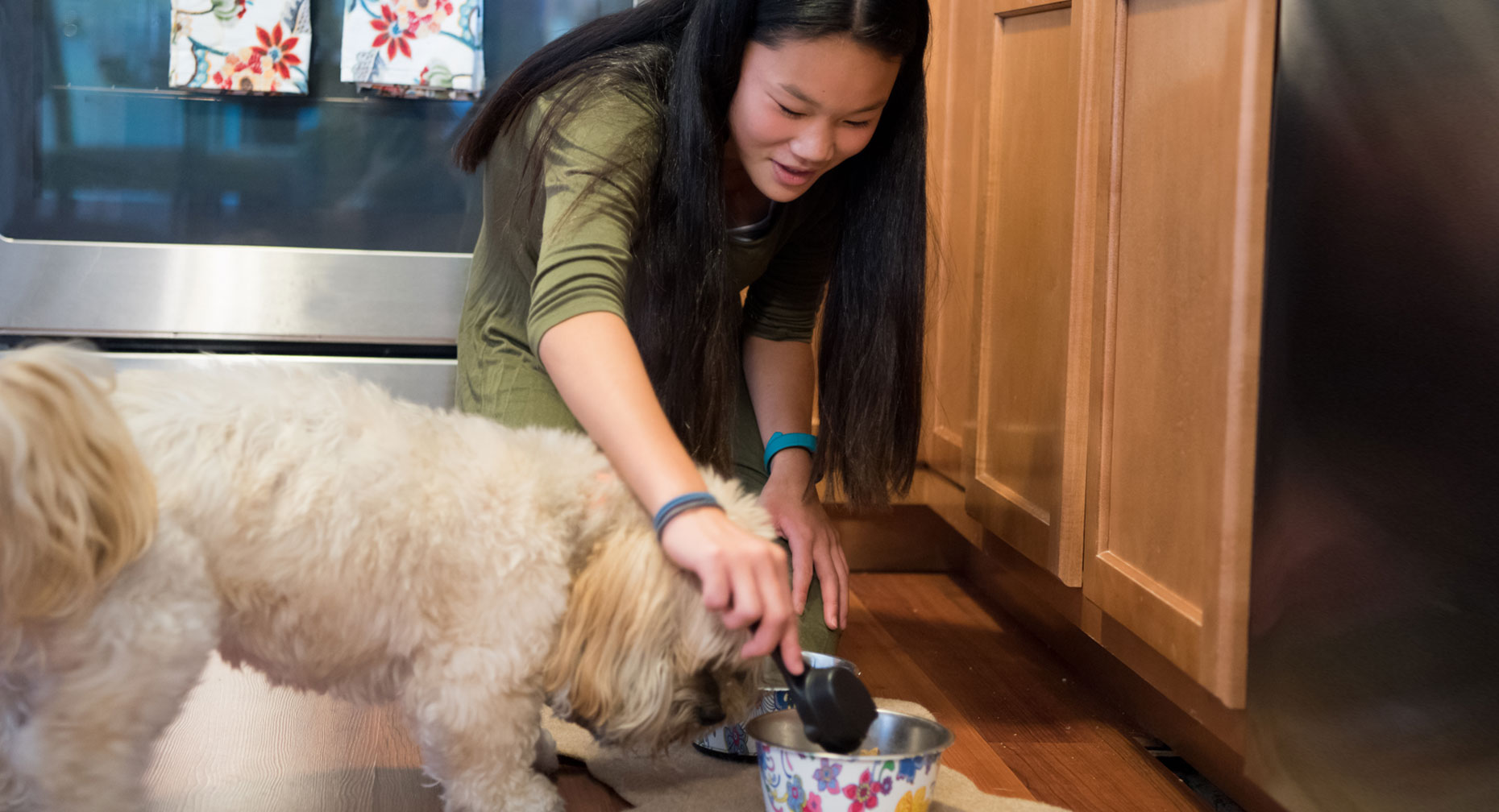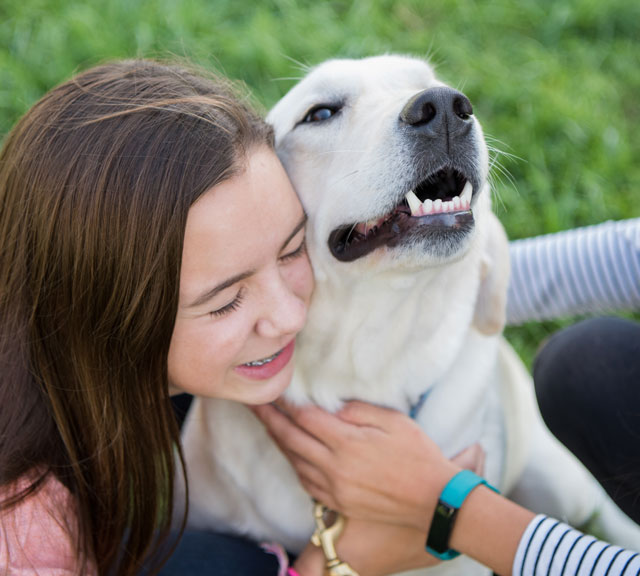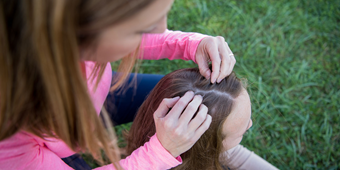Healthy Pets, Healthy Family

Answer a few questions and we'll provide you with a list of primary care providers that best fit your needs.
The affection between you and your pet can increase your fitness, lower your stress and make you happier. But even the most adorable puppy may carry germs that can make you sick. Happily, this is rare — and most pet-to-people diseases can be avoided by following a few common-sense rules.
How Do I Protect Myself and My Family?
It can be hard to tell which animals carry diseases because infected pets, including dogs, cars, birds and reptiles, often look and act normal. Follow these tips to keep you and your pets healthy:
- Wash your hands thoroughly after touching animals or cleaning up animal waste (urine and feces). This is especially important after handling reptiles — like lizards, snakes or turtles. They can harbor the salmonella bacteria, which causes severe diarrhea, fever and stomach cramps.
- Keep your pet’s bedding and living area clean.
- Feed your pet a balanced diet, provide easy access to clean, fresh water and don’t let your pet drink out of the toilet.
- Keep children away from uncovered sandboxes that may contain dog or cat feces. This will help prevent the spread of roundworms and hookworms, which can cause illness.
- Don’t share food or kiss your pet on the mouth.
- If you’re pregnant, or have a weakened immune system, avoid cleaning litter boxes. You can be exposed to a disease called toxoplasmosis, which can cause severe birth defects in an unborn child.
- Don’t feed your pet raw meat. And don’t let your cat or dog hunt and eat wild animals — this is how cats pick up the toxoplasmosis parasite.
- Take your pet to the veterinarian for regular checkups. Follow your vet’s schedule for deworming and vaccinations.
- Keep your pets away from wild animals or stray pets, which may be sick or unvaccinated.
- Keep an eye on toddlers and small children when they play with pets. They are more likely to be bitten or scratched, or to pick up infections from animals.
- Children younger than 5 should avoid contact with animals at petting zoos and farms, as well as baby chicks and ducks, amphibians (frogs and toads) and reptiles.
Don’t share food or kiss your pet on the mouth.
What If I’m Bitten or Scratched?

While it’s unusual for pet dogs and cats to be the source of any serious illnesses, some wild animals carry lethal diseases or inflict a bad bite. Even minor bites and scratches can become infected and carry bacteria throughout the body. And if the skin is broken, infection is more likely. If any animal bites or scratches you, take these precautionary steps:
- Wash the wound with soap and running water. This will lessen the risk of bacterial infection, and is especially important in rabies prevention.
- Apply pressure with a clean towel to stop any bleeding.
- Cover the wound with a sterile bandage. Do not tape the wound edges together as this can trap harmful bacteria inside.
- Contact your health care provider to report the incident and ask if you need any treatment, such as antibiotics, a tetanus booster or rabies vaccine.
- If possible, locate the animal that caused the injury. Some animals need to be captured and observed for rabies. Don’t try to catch it yourself. Call the animal control office in your area.
A Word About Rabies
Rabies is a virus that infects the nerves and brain. People get rabies from the bite or scratch of an infected animal. In the U.S., raccoons, skunks, bats and foxes are most likely to carry this deadly disease. Rabies can be treated, but if left untreated is almost always fatal.
If you are bitten or scratched by a wild animal, clean the wound thoroughly and contact your health provider right away. If a pet bites or scratches you, and you don’t know if it’s been vaccinated against rabies, call your local animal control or public health department. Typically, the animal will be confined with its owner for 10 days. If it does not develop rabies during that time, you are not at risk of contracting the disease.
Answer a few questions and we'll provide you with a list of primary care providers that best fit your needs.
Source: Centers for Disease Control; American Academy of Family Practice/FamilyDoctor.org; Medline Plus




